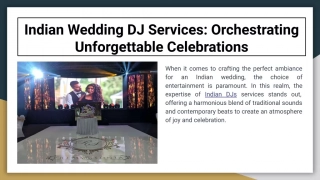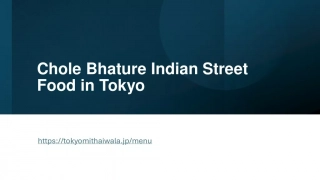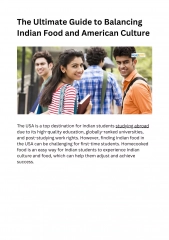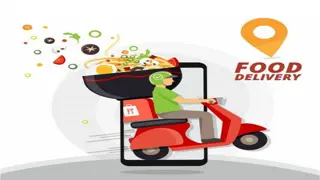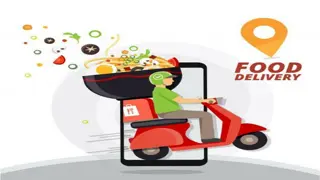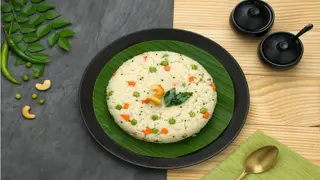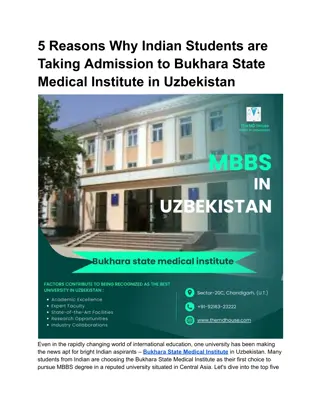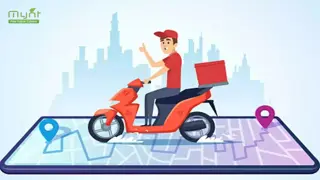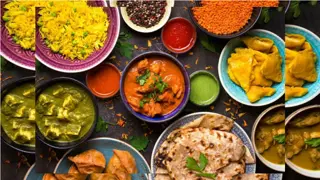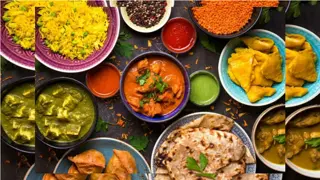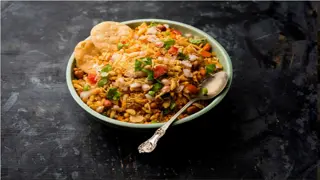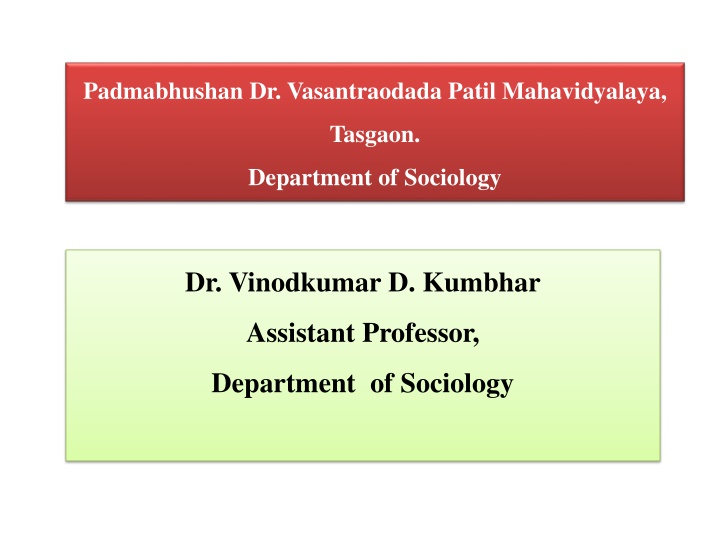
Structure and Dynamics of Indian Society: Sociology Curriculum Overview
Explore the diverse facets of Indian society through the Sociology curriculum at Padmabhushan Dr. Vasantraodada Patil Mahavidyalaya, Tasgaon. Delve into the historical, geographical, religious, and social aspects shaping Indian society with a focus on social institutions, social change, status and development of Indian women, secularism, national integration, and the role of social reformers. Gain insights into the evolution and challenges of Indian society through a comprehensive study of its various segments.
Download Presentation

Please find below an Image/Link to download the presentation.
The content on the website is provided AS IS for your information and personal use only. It may not be sold, licensed, or shared on other websites without obtaining consent from the author. If you encounter any issues during the download, it is possible that the publisher has removed the file from their server.
You are allowed to download the files provided on this website for personal or commercial use, subject to the condition that they are used lawfully. All files are the property of their respective owners.
The content on the website is provided AS IS for your information and personal use only. It may not be sold, licensed, or shared on other websites without obtaining consent from the author.
E N D
Presentation Transcript
Padmabhushan Dr. Vasantraodada Patil Mahavidyalaya, Tasgaon. Department of Sociology Dr. Vinodkumar D. Kumbhar Assistant Professor, Department of Sociology
B.A. II SOCIOLOGY SEMESTER- III PAPER NO.III STRUCTURE OF INDIAN SOCIETY
UNIT -I - Making of Indian Society: A) Vedic period B) Islamic period C) British period UNIT -II - Indian Society: Diversity and Unity : A) Geographical B) Religious C) Geographical. 3
UNIT -III - Segments of Indian society: A) Tribal Society - Meaning & Characteristics B) Rural Society - Meaning & Characteristics C) Urban Society - Meaning & Characteristics UNIT -IV Major Social Institutions in India: A) Marriage- Meaning & Characteristics B) Family- Meaning & Characteristics C) Caste - Meaning & Characteristics 4
B.A. II Sociology Semester- IV Paper No.-V SOCIAL CHANGE IN INDIAN SOCIETY UNIT-I- Changing Nature of India Society A) Changing Nature of Tribal Society B) Changing Nature of Rural Society C) Changing Nature of Urban Society 5
UNIT-II- Status and Development of Indian Women: A) Status of Women in Post -independence Period: B) Women Empowerment. Economic, Social and Political Empowerment. C) Women Development: Obstacles 6
UNIT-III- Secularism & National Integration: A) Secularism Meaning and Nature B) National Int gration- concept & Obstacles C) National Integration- Measures. 7
UNIT-IV- Role of Social Reformers in Social Change: A) Mahatma Phule B) Rajarshi Shahu Maharaj C) Dr.Babasaheb Ambedkar 8
Books Recommended 1. Ahuja Ram : Indian Social System. Rawat Publication, Jaipur, 1084 2. Dube S.C. : Indian Society, National Book Trust, 1972- 3. Desai A.R. : Social Background of Indian Nationalism, Popular 1987. 4. Singh Yogendra : Modernization of Indian Tradition. 5. Shrinivas M.N. : Social Change in Modern India, University of California Press, 1966. 6. Bose N.K. : Tribal Life in India , 1971. 7. Desai A.R.: National Integration and Religion Sociological Bulletin, Vol. 12,983. 8. Desai A.R. : Rural Sociology In India Popular, 1994 (Re-print). 9. Kir Dhananjay : Aamachya Samajik Krantiche Janak- Mahatama Jotiba Phule. 10. Kir Dhananjay : Dr. Babasaheb Aambedkar- Chritragranth. 11. Kir Dhananjay: Chhatrapati Shahu- A Royal Revolutionary. Vilas Sangave: Rajarshee Chhatrapati Shahu Maharaj: Karya va Prabhav. 9
THANK YOU 10

